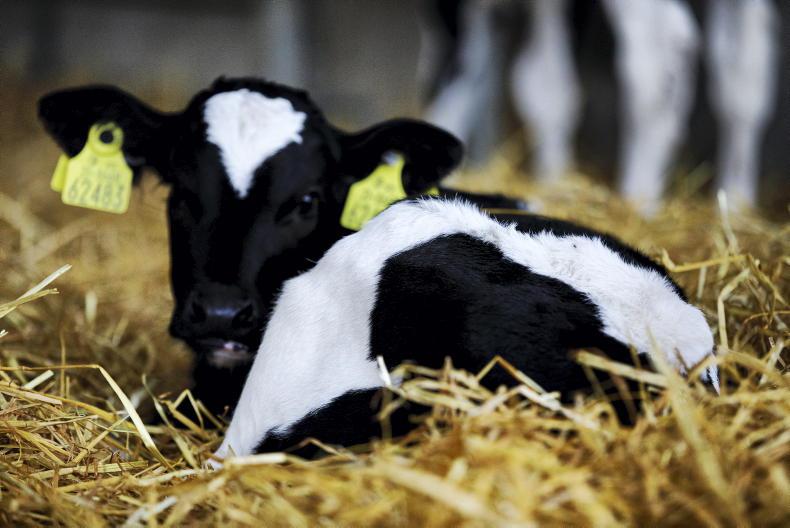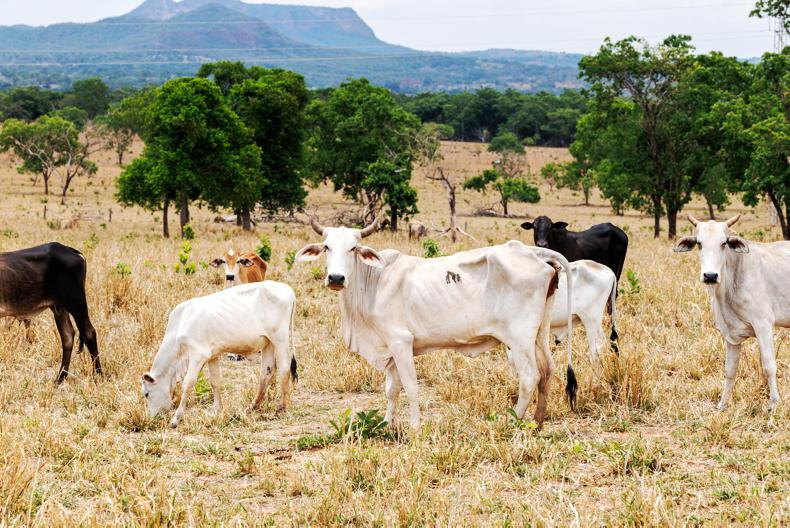The export of in the region of 120,000 Irish dairy calves is under threat following an EU vote on new rules which, if passed, would effectively ban the transport of unweaned calves under five weeks of age.
The proposed new rules could lead to a ban on all transport for young animals under 35 days of age, transport time limits of two hours for unweaned animals over 35 days and a ban on the transport of pregnant animals in the last third of gestation.
The vote was taken by the European Parliament’s Committee of Inquiry on the Protection of Animals during Transport (ANIT) and backed by Green MEPs.
If progressed, the measures will also apply to the transport of animals within member states with a 50km limit placed on the movement of unweaned calves below five weeks within Ireland.
Analysis by the Irish Farmers Journal shows that up until the end of October 2021, Ireland had exported over 120,000 calves under six weeks of age, 62% of which were dairy-sired.
The Dutch market requires a calf at the three-to-three-and-a-half-week age bracket before the animal’s rumen begins to develop
One of the largest export destinations was the Netherlands, which received almost 46,000 calves over the period.
The Dutch market requires a calf at the three-to-three-and-a-half-week age bracket before the animal’s rumen begins to develop.
The recommendations will now progress to a plenary session of the European Parliament at Strasbourg in January
This enables what a number of stakeholders described as a “smoother transition” to the white veal, milk-fed production system.
The recommendations will now progress to a plenary session of the European Parliament at Strasbourg in January.
Fine Gael MEP Colm Markey warned, if passed in January, the new regulations could be implemented as early as 2023. Fianna Fáil MEP Billy Kelleher, a full member of the ANIT committee, said that if the recommendations are included in the new regulation, it would “sound a death knell for thousands of jobs in rural Ireland”.









SHARING OPTIONS